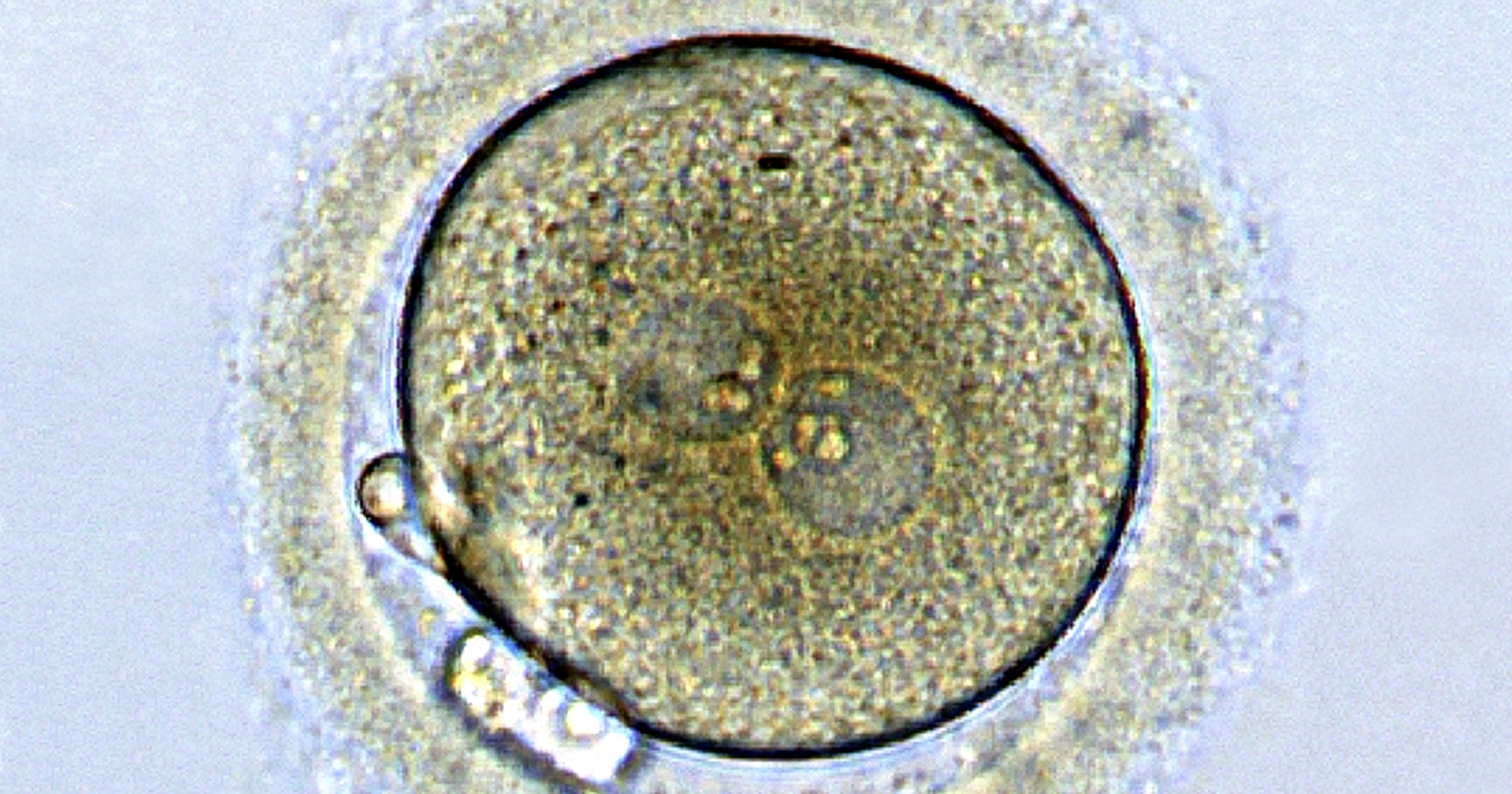 Culture & Ethics
Culture & Ethics
 Faith & Science
Faith & Science
 Life Sciences
Life Sciences
Must We Be Able to Reason to Be Thought of as Human Persons?

Perhaps the most common justification that abortion proponents give for supporting abortion is that the human embryo or fetus isn’t capable of rational thought — and rational thought is the defining characteristic of humanity.
They’re wrong in a fundamental way. How they’re wrong is best understood if we look at the metaphysics of human development. Metaphysics is “The branch of philosophy that examines the nature of reality, including the relationship between mind and matter, substance and attribute, fact and value.” (American Heritage Dictionary)
The philosopher Aristotle (384–322 BC), who provided an important foundation for science, pointed out that humans are rational animals. That is, we have at least the possibility of rational thought, although at some stages of life (e.g., in the womb) we don’t think rationally. Even as adults, we don’t think rationally all of the time.
Biologist and abortion supporter Jerry Coyne denies that zygotes (the first stage of human development) have rational souls, or souls of any sort, when he writes,
And there’s no evidence [a zygote] has a soul or anything differentiating it from the embryos of any number of vertebrate species
Zygotes do have souls, in a quite obvious and non-mystical way. To have a soul (in Thomistic metaphysics, based in part on Aristotle) is merely to have the set of basic abilities and possibilities characteristic of life — the ability to metabolize, excrete, grow, the possibility to think and reason, etc. A soul is just a set of abilities and possibilities.
All living things have souls, because “soul” is defined as the characteristics that make them alive. The specific array of abilities and possibilities a living thing has determines what species of living thing it is. A tree has different abilities and possibilities than a man has. So Coyne is wrong to say “there’s no evidence [a zygote] has a soul”.
If It’s Alive, It Has a Soul
Coyne:
Where, I ask, is the evidence (beyond that asserted by religious authorities) that abortion is identical to murder, even in its very early stages? There is clearly a developmental continuum in a fetus, with an abrupt break when the baby is born, and so drawing a line for when a fetus becomes equivalent to a person with rights, including freedom from “murder”, is purely arbitrary. Many Catholics, though, draw the line at a rationally insupportable stage: fertilization. A “person” is not created at fertilization: we have a zygote that now will go on to continue development. That zygote is an undifferentiated ball of cells without mentation or the ability to feel pain.
Coyne asserts that a zygote is not a person because it cannot think or feel pain. Of course, “person” is a moral and legal term — if it can be killed at will, without legal or moral consequence, then of course it’s not a person.
But does the lack of capacities — e.g., to think or feel pain — mean that a zygote is not a human being in the metaphysical (and scientific) sense? Living things with souls (like zygotes) are composites of two principles — potency and act. Potency is the possibilities that a living thing can have. An acorn has the potency to become an oak tree, if all goes well. Act is what the living thing actually is. An acorn is in potency to become an oak tree, and in act for being a seed.
A human zygote is in potency for the ability to think. A neonate can think, although in a rudimentary way. An adult can think in a more actual way, and an Einstein can think in a profound way.
“Might Be and Is”
At each stage of human life, the human being is a composite of potency and act. Each human being has things she might be and things she now is. This combination of “might be and is” — of potency and act — is what it is to be human. In that sense, the zygote is no different from the genius — they are both composites of human possibilities and human actualities. Every human being is a composite, you might say, of aspiration and achievement.
This composite of possibilities and realities is the essence of what it is to be human. A zygote is mostly potency, and little act. An embryo has more act and fewer potencies (because some have already been actualized). A child has more potency and less actuality than an adult, in the sense that the child can potentially do more things in the future and the adult can do more things now.
As we get older, actualities are realized and potentialities fall away. Human development is the dynamic realization of possibilities.
So of course Coyne is correct to say that a zygote can’t think or feel pain, but that does not mean that the zygote isn’t fully human. To be fully human at day one of gestation is precisely to have the potentiality to think and feel pain, but not the actuality (yet).
Read the rest at Mind Matters News, published by Discovery Institute’s Bradley Center for Natural and Artificial Intelligence.
